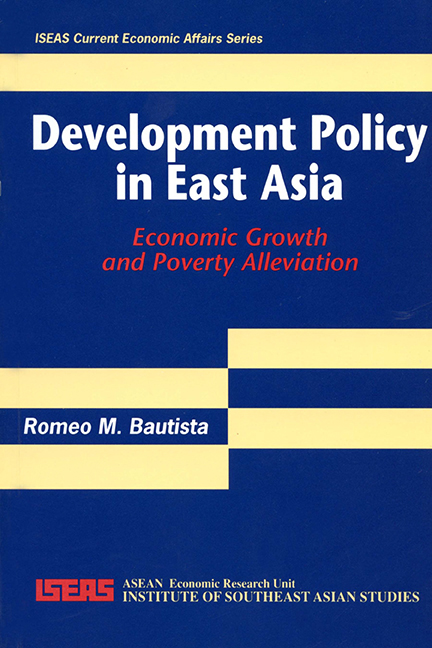Book contents
- Frontmatter
- Contents
- List of Tables
- 1 Introduction
- 2 Measures of Development Performance
- 3 Analytical Considerations
- 4 Economic Conditions in 1965
- 5 Role of Development Policies
- 6 Some General Equilibrium Estimates of Policy Effects
- 7 Redistributive Policies
- 8 Concluding Remarks
- Notes
- Bibliography
- The Author
7 - Redistributive Policies
Published online by Cambridge University Press: 21 October 2015
- Frontmatter
- Contents
- List of Tables
- 1 Introduction
- 2 Measures of Development Performance
- 3 Analytical Considerations
- 4 Economic Conditions in 1965
- 5 Role of Development Policies
- 6 Some General Equilibrium Estimates of Policy Effects
- 7 Redistributive Policies
- 8 Concluding Remarks
- Notes
- Bibliography
- The Author
Summary
The above examination of the distributional consequences of development policies has focused on the induced income effects assuming an unchanged (or historically determined) distribution of assets and structure of institutions for asset accumulation. There are of course other, more direct means of reducing income inequality and poverty. In one, government intervention would aim at increasing the endowment of income-generating assets (both physical and human capital) for the poor, either by the redistribution of existing assets (for example, through land reform) or by concentrating asset increments (for example, human capital investments) on the poor. Another policy approach to poverty alleviation would subsidize direct-transfer, “basic needs” programmes, in which minimum consumption levels of certain goods and services are provided directly to the poor.
Because transfer-oriented policies do not deliberately promote asset creation and have only a limited effect on labour productivity, some trade-off will inevitably arise between economic growth and poverty reduction. 19 Moreover, as Adelman and Robinson (1978) have analysed using their CGE model for South Korea, the effectiveness of direct income transfers weakens over time since the benefits tend to be dissipated into higher prices; on the other hand, price subsidies for the necessities of life (food, housing, and medical care) create significant market distortions and also become less effective over time. Furthermore, there is the problem of efficient delivery, considering that the benefits tend to leak out to non-target groups. Even if the concentration of poverty is known, the scope for overlap with those who do not deserve the income transfer and price subsidies (because their income is already high) can be considerable. Another form of leakage relates to the increased purchasing power of the poor resulting from the subsidies; some of this extra income can be used to purchase other, not so basic, needs. All this complicates the design of eligibility criteria and raises the costs of programme administration.
Indeed there is ample evidence (from experiences in countries such as Sri Lanka and Egypt) that the fiscal costs of direct transfer and price subsidy programmes tend to be high.
- Type
- Chapter
- Information
- Development Policy in East AsiaEconomic Growth and Poverty Alleviation, pp. 47 - 50Publisher: ISEAS–Yusof Ishak InstitutePrint publication year: 1992



